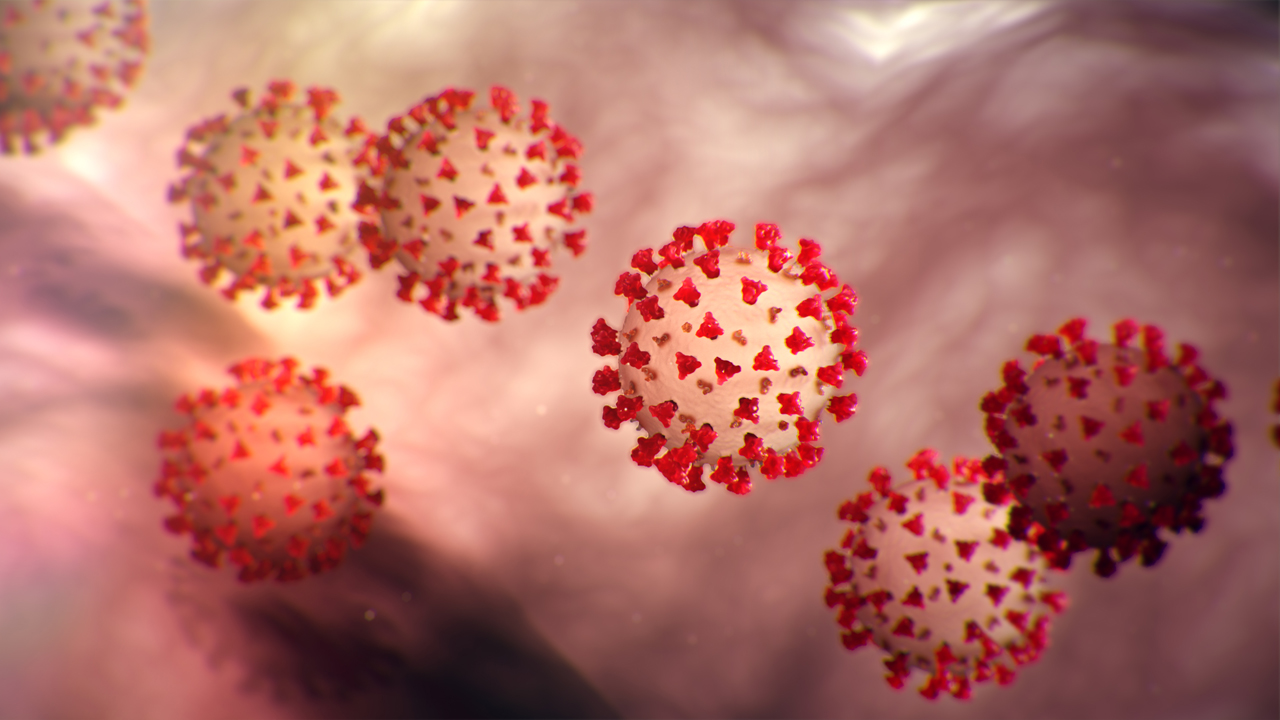 As someone with a compromised immune system, I am being hyper vigilant about what’s going on with the corona virus. I’ve read countless news stories, been on health agency Web sites such as the Center for Disease Control and others around the world. I even took a short Coursera class about it. I want to be informed, without having to panic.
As someone with a compromised immune system, I am being hyper vigilant about what’s going on with the corona virus. I’ve read countless news stories, been on health agency Web sites such as the Center for Disease Control and others around the world. I even took a short Coursera class about it. I want to be informed, without having to panic.
When a nearby community revealed that a school district employee had come in contact with someone who had the virus, the district closed all the schools for a day. One of the schools is directly across the street from a YMCA I belong to. Many of the students work out there. I weighed whether to take my usual classes the day the news broke. Knowing that social distancing is the best way to prevent contracting the virus, I opted to stay home until more was known. But I didn’t stop there. I emailed the Y, asking about preventative measures they were taking. Around noon, the Y sent back an email to all members. My answers were addressed: There would be more hand sanitizer stations, more tissue boxes, more trash cans to dispose of those tissues and signage alerting all of us to the best precautions we could take.
Around dinner time, the Y sent out another email. They’d decided to bring in a medical cleaning company to “fog” the facility, removing all germs, just to keep us safe.
As it turned out, the person who was exposed to the virus tested negative and self-quarantined. My point, though, is that there is surprisingly a lot we can do to ensure our safety if we’re willing to take action.
Since that email, I’ve sent others. One to my doctor, who didn’t have a lot of advice to offer, but who I now know can’t test me if I begin to exhibit symptoms. One to my county health department whose email to me seemed woefully short on reality and long on “it’s not here, so don’t panic.” I didn’t attack, but instead asked questions, in hopes that they’ll understand what it is the public wants or needs to know to fend off this lethal viral wave.
I can’t explain how I’m not panicking, knowing what I know about this virus’s spread. In Italy, I read a doctor’s account about how overwhelmed hospitals are with patients. So much, that healthcare workers are making critical choices about who gets hooked up to ventilators (the younger, healthier patients who they hope will survive) and who doesn’t (those like me with cancer or diabetes or heart disease). I don’t blame them for the difficult decisions they need to make. But I do take heed of what could lie ahead for me.
Likewise, many drug ingredients come from China, which is only beginning to emerge from a state of lockdown. No one can tell me how to stave off a drug shortage. As people stock up on toilet paper, I wonder what I can do to stock up on expensive chemotherapy drugs, knowing how hopeless the idea is.
I try hard to comply with the CDC’s personal hygiene recommendations, knowing I fall woefully short. I do my best to wash my hand several times a day, even though they’re swollen, red and chapped from the chemo drugs I’m on and in desperate, constant need of moisturizer, not soap. I try to avoid contact with my face, even though that same drug makes my nose either run or incredibly dry so that it itches along with my upper lip. As a perpetual hugger, I do my best to wave people off or elbow bump to show my affection. Changing a lifetime’s worth of habits is hard. Excruciatingly hard.
I wrestle with whether I should self-quarantine or just socially distance. This weekend, I felt comfortable enough to go to a conference in Brooklyn. Here I am four days later wondering if that was wise.
One doctor on Twitter explained that breast cancer patients who have been on IV chemo, CDK4/6 inhibitors such as palbociclib, ribociclib, abemaciclib; everolimus, alpelisib or have chronic use of steroids are considered immunocompromised, as those drugs impact white blood cell counts. I shudder and realize I’m doomed. I’ve been on most of those drugs, plus the daily chemo I’m currently taking.
I know these next few weeks or month will change me. And in that respect, maybe that’s an advantage my disease has offered. I’ve long ago accepted that any day my health can take a turn for the worse, whether it’s corona virus or cancer.
All of this sounds pretty disturbing. Hell, it is disturbing. It reminds me of the scene from my favorite Zora Neale Hurston book about people awaiting the onslaught of a devastating hurricane:
“The wind came back with triple fury and put out the light for the last time. They sat in company with the others in other shanties, their eyes straining against crude walls and their souls asking if He meant to measure their puny might against His. They seemed to be staring at the dark, but their eyes were watching God.”


